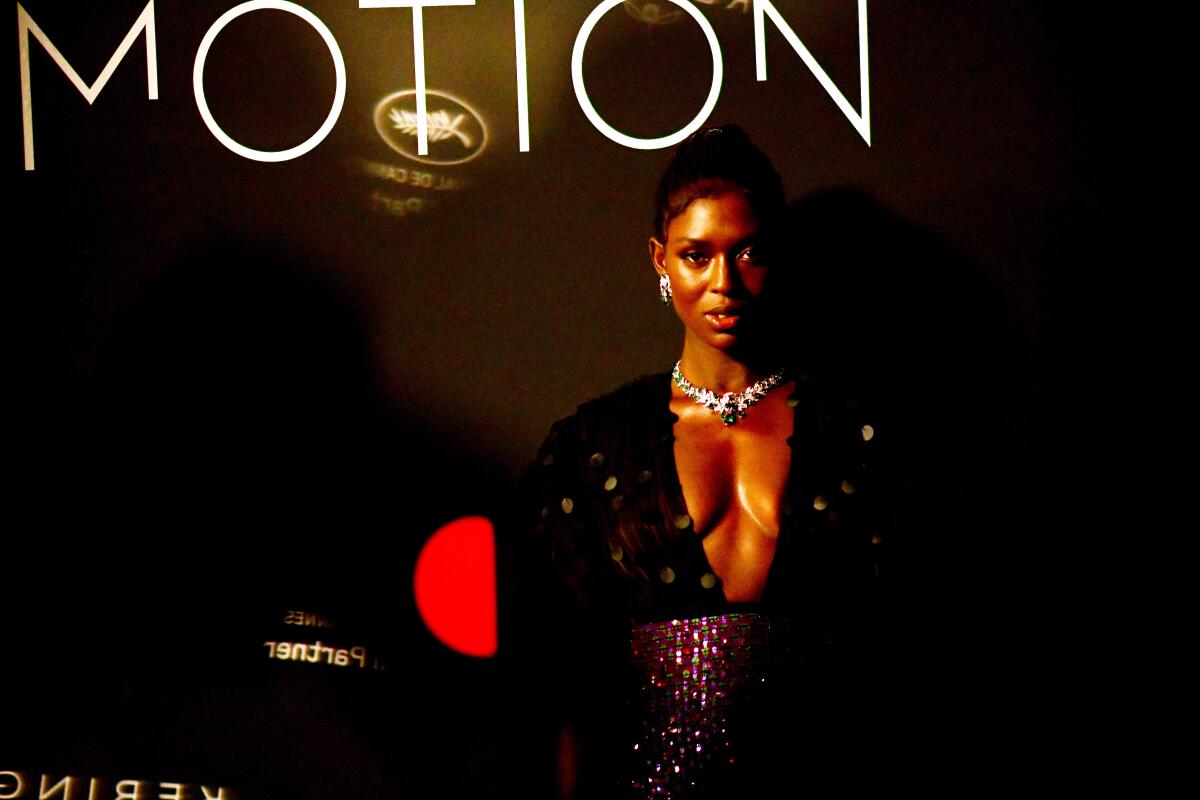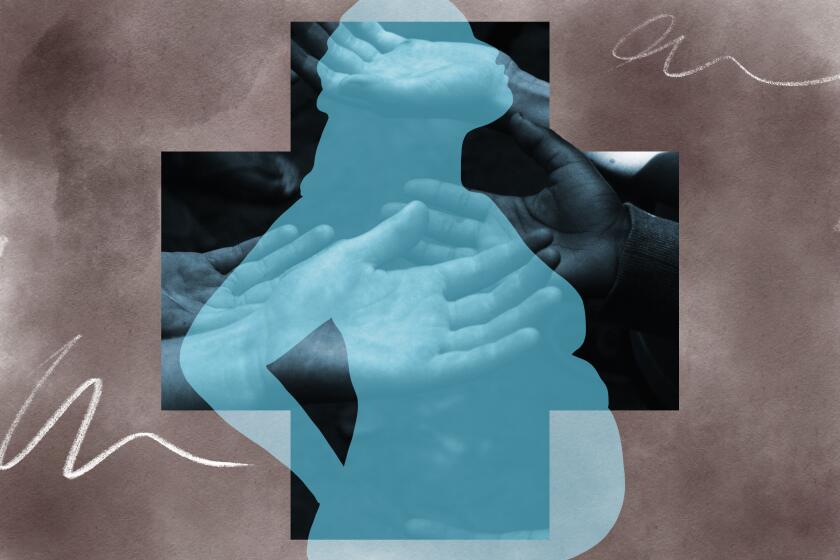Joshua Jackson says medical racism prompted wife Jodie Turner-Smith’s at-home birth

- Share via
In a new interview with Esquire, Canadian American actor and “Dawson’s Creek” alum Joshua Jackson shared details about wife Jodie Turner-Smith’s birthing experience, citing the U.S.’ “horrendous track record with Black women.”
Concerned about limited visitors due to COVID-19 and systemic racism in the medical industry, Jackson and Turner-Smith felt compelled to take a different route for delivery.
Jackson said his wife, who is also an actor, wanted to “be in a place where she was as comfortable as possible,” which led them to delivering their newborn at home. He added, “I wanted her to be in a place where she felt like she was being heard at every step along the way, rather than having to go through that filter of being a Black woman interfacing with the American medical system.”
Known for her roles in “Queen & Slim” and “Without Remorse,” the Black British actress, 34, welcomed her baby girl, Janie, in April 2020. Turner-Smith penned a personal essay for British Vogue last September about her at-home birthing experience and the challenges and lessons that her pregnancy brought.
She wrote in her Vogue essay, “We had already decided on a home birth, because of concerns about negative birth outcomes for Black women in America — according to the Centers for Disease Control and Prevention, the risk of pregnancy-related deaths is more than three times greater for Black women than for white women, pointing, it seems to me, to systemic racism.”
We need to end a culture of obstetric racism that has resulted in a maternal mortality rate for Black women that is around three times that of white women.
Turner-Smith is not alone in her fraught childbirth journey. There is a long track record of Black women, from Serena Williams to Beyoncé, who have had adverse, even fatal complications during hospital deliveries.
In Williams’ HBO documentary, “Being Serena,” the Grand Slam champion talked about how she suffered from a pulmonary embolism during daughter Olympia’s childbirth. She had experienced the all-too-familiar pain before in 2011 and, while bedridden, advocated for herself in the maternity ward.
Serena Williams won the Australian Open in January of 2017 while two months’ pregnant, gave birth in September, and is scheduled to return to tennis’ Grand Slam circuit at the French Open later this month.
Beyoncé’s glamorous maternity announcements always garner attention, but the singer divulged in her Netflix documentary “Homecoming” that her last pregnancy was “extremely difficult” — and resulted in an emergency C-section. Queen Bey shared in a September 2018 issue of Vogue that she suffered from “toxemia,” also know as preeclampsia, while pregnant with her twins, Rumi and Sir.
While Vice President Kamala Harris said she has a plan to remedy the crisis of Black maternal mortality rates, Black mothers are taking things into their own hands. For Turner-Smith, giving birth at home provided her with what she believes every woman should have: “full agency in determining my birth support.”
More to Read
The biggest entertainment stories
Get our big stories about Hollywood, film, television, music, arts, culture and more right in your inbox as soon as they publish.
You may occasionally receive promotional content from the Los Angeles Times.












